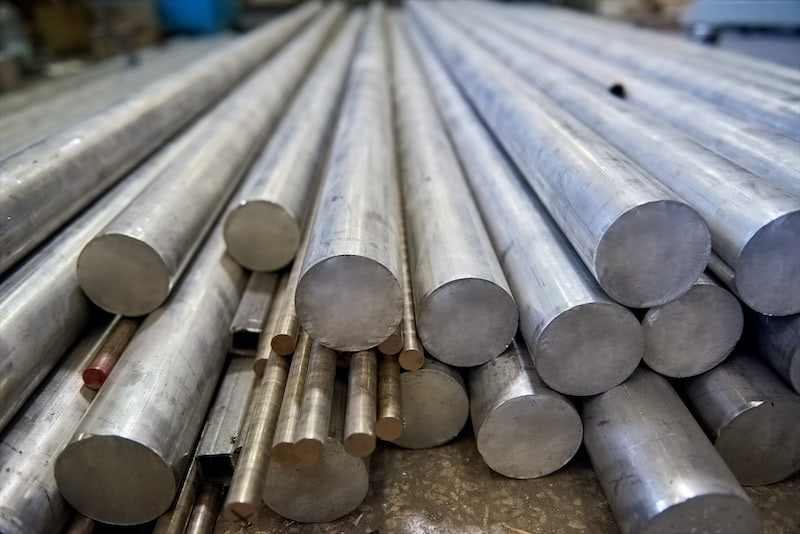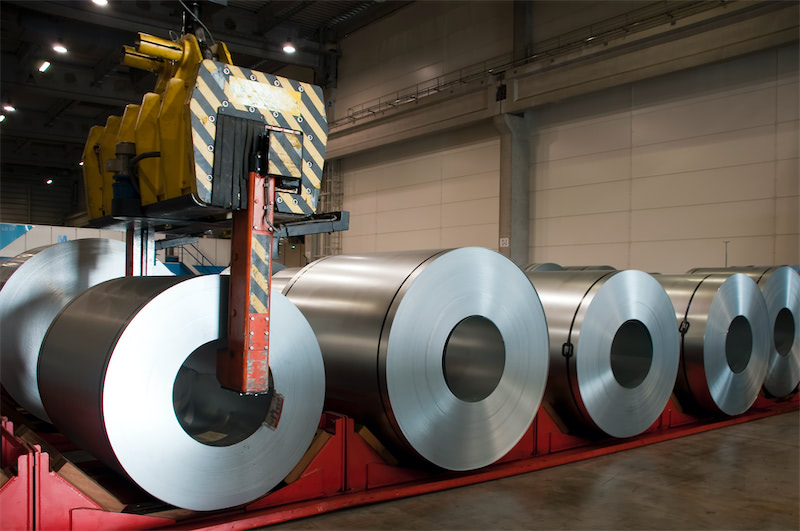November 7, 2025 News:
It is reported that Dan Marokane, Group CEO of Eskom, recently expressed views on electricity price policies for energy-intensive enterprises, mentioning the cost-sharing issues in the current Negotiated Pricing Agreements (NPAs), which has sparked industry discussion.
According to Marokane, the current NPAs implemented for some enterprises result in lower electricity prices for agreement users compared to standard rates. Under this model, the revenue shortfall from these agreements is shared by household users, small and micro enterprises, and other industrial users. Marokane suggested that the continuation of this model needs reconsideration, and the next generation of preferential electricity price policies must clarify three aspects: the target groups for policy protection, the scope of eligible industries, and the path for Eskom to maintain financial sustainability.
These remarks are related to the current state of South Africa's chrome industry. South Africa holds over 70% of the world's chrome ore reserves, but due to rising electricity prices, the commercial feasibility of smelting chrome ore into high-value ferrochrome has declined, leading to most of the country's chrome ore being exported directly without processing. NPAs have long provided electricity price discounts to some large enterprises, playing a role in ensuring the operation of related factories and employment, but also creating a situation where specific users benefit while others bear the costs.
Marokane stated that NPAs require clear cost-benefit analysis. If such agreements are to continue, measurable benefits must be ensured, and they should bring tangible value to the country. Public information indicates that Eskom and the National Energy Regulator of South Africa (Nersa) have clarified that the broader electricity price reform plan to be introduced next year will include a comprehensive review of NPAs.
It is also understood that earlier this year, the South African government proposed a 25% tariff on chrome ore exports, planning to guide miners to shift chrome ore production to local smelters and promote the restart of idle ferrochrome plants. Marokane pointed out that if electricity cost issues are not resolved and industry smelting costs remain too high, the expected effects of the tariff policy may be impacted.
In addition to electricity price policies, Marokane also suggested in the interview that South Africa's power generation market is in a phase of rapid change, requiring clear and comprehensive industry rules to foster substantive market competition. He mentioned that in the current industry reforms, issues such as the "ultimate responsible entity for power supply," "measures to ensure electricity access for the poor," and "the entity bearing grid capacity costs" remain unclear. Marokane illustrated that during periods without sunlight, a large number of rooftop solar users rely on the power grid, and the maintenance costs for grid capacity need clear allocation; such issues have not been previously emphasized but now need to be considered.
It is reported that South Africa's Minister of Energy, Kgosientsho Ramokgopa, is leading a reassessment of electricity pricing policies. Subsequently, based on input from various sectors of society, policy solutions will be formulated that balance the electricity burden on low-income populations, economic development needs, and the sustainable operation of Eskom.
Source: SACETA
![Before the holiday, the black chain is unlikely to see a trend-driven market [SMM Steel Industry Chain Weekly Report].](https://imgqn.smm.cn/usercenter/zUFfM20251217171748.jpg)

![[SMM Chromium Daily Review] Inquiries and Transactions Weakened, Chromium Market Showed Mediocre Performance Before the Holiday](https://imgqn.smm.cn/usercenter/ENDOs20251217171718.jpg)
